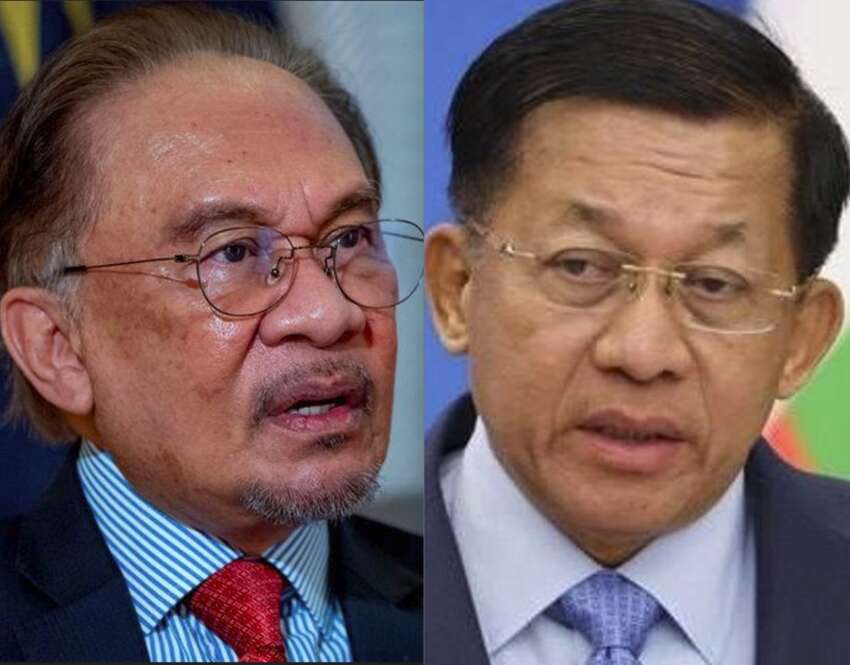
Malaysian Prime Minister Anwar Ibrahim has disclosed that ASEAN leaders will meet with military council leader Min Aung Hlaing in Bangkok, Thailand, on April 17. The primary focus of this meeting will be to discuss humanitarian assistance related to the recent earthquake disaster. The Prime Minister emphasized that while ASEAN continues to uphold the five-point consensus on resolving Myanmar’s crisis, this particular meeting will specifically address humanitarian aid concerns.
The Malaysian Prime Minister stated that the meeting will also include discussions about extending the current ceasefire. He stressed the importance of maintaining a ceasefire to enable the delivery of humanitarian assistance to earthquake victims in Myanmar. Malaysia has agreed to continue providing aid through a temporary hospital operated by the Malaysian military, he explained. The meeting was arranged following a telephone conversation with Min Aung Hlaing, during which they agreed to meet in Bangkok on April 17.
The Prime Minister made it clear that military operations must cease for aid delivery to proceed effectively. He explained that due to the suffering of civilians, they had requested a ceasefire, and after two days, the Myanmar side announced a ceasefire until April 22. During the upcoming meeting on April 17, he plans to push for an extension of this ceasefire period. The Malaysian leader emphasized that humanitarian considerations are at the forefront of these discussions, particularly in light of the recent severe earthquake that has affected many people in Myanmar.
The meeting represents the first time ASEAN leaders will meet with Min Aung Hlaing in this context, with the specific agenda focused on humanitarian assistance rather than broader political issues. The Malaysian Prime Minister’s statements indicate a careful balance between addressing immediate humanitarian needs while maintaining ASEAN’s established position on Myanmar through the five-point consensus. The emphasis on extending the ceasefire reflects the regional body’s concern for civilian welfare and the practical necessity of ensuring safe conditions for aid delivery to those affected by the recent natural disaster.



